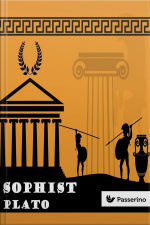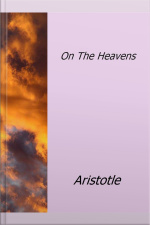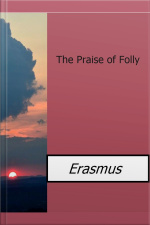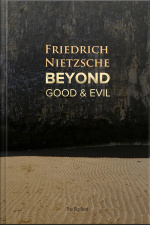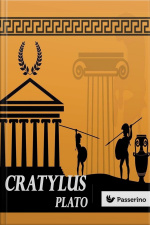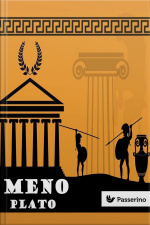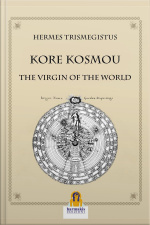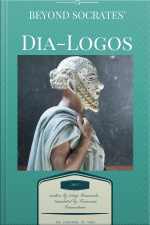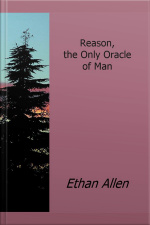The Sophist is a Platonic dialogue from the philosopher's late period, most likely written in 360 BC. Its main theme is to identify what a sophist is and how a sophist differs...
On the Heavens is Aristotle's chief cosmological treatise: written in 350 BC it contains his astronomical theory and his ideas on the concrete workings of the terrestrial...
In Praise of Folly is an essay written in Latin in 1509 by Desiderius Erasmus of Rotterdam and first printed in 1511. Inspired by previous works of the Italian humanist Faustino...
Beyond Good and Evil refers to the traditional morality which Nietzsche subjects to a destructive critique in favour of what he regards as an affirmative approach that fearlessly...
"The Categories" is a text from Aristotle's Organon that enumerates all the possible kinds of things that can be the subject or the predicate of a...
Plato's Cratylus is a dialogue about the correctness of namesPlato (424/423 – 348/347 BC) was a philosopher in Classical Greece and the founder of the Academy in Athens,...
Meno is a Socratic dialogue written by Plato.Plato (424/423 – 348/347 BC) was a philosopher in Classical Greece and the founder of the Academy in Athens, the first...
Apparently the earliest of the Hermetic writings is the Kore Kosmou or Virgin of the World. It has more connection with the earlier mythology of Egypt than the other works, Isis...
If we could talk with the great fathers of philosophy about some of today`s world issues, what resources could we infer and what lessons could we reflect? These are the surreal...
Ethan Allen (1738-1789) was a farmer, businessman, land speculator, philosopher, writer, lay theologian, and American Revolutionary War patriot, hero, and politician. He is best...
